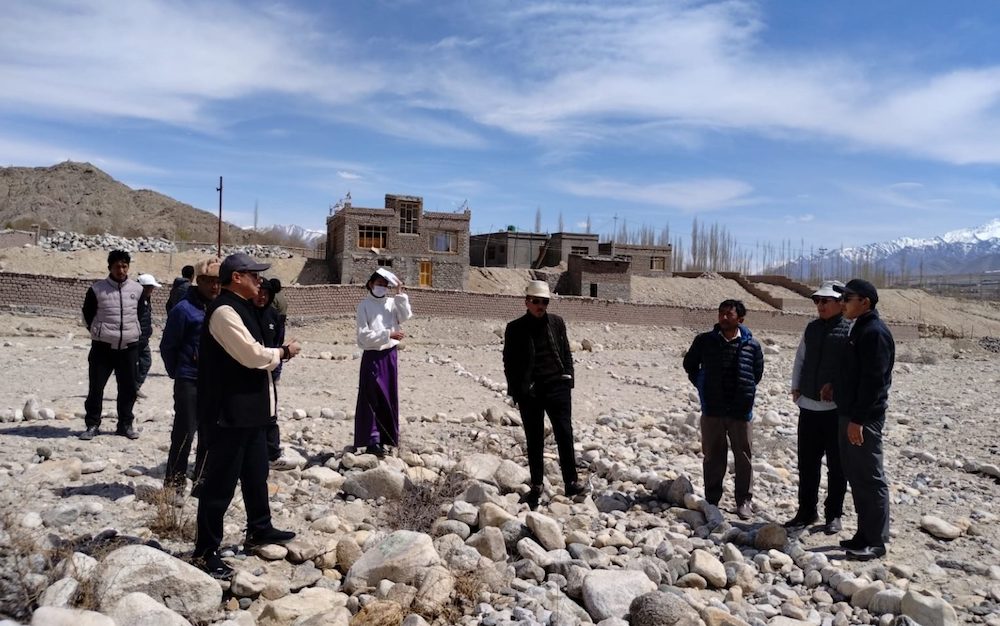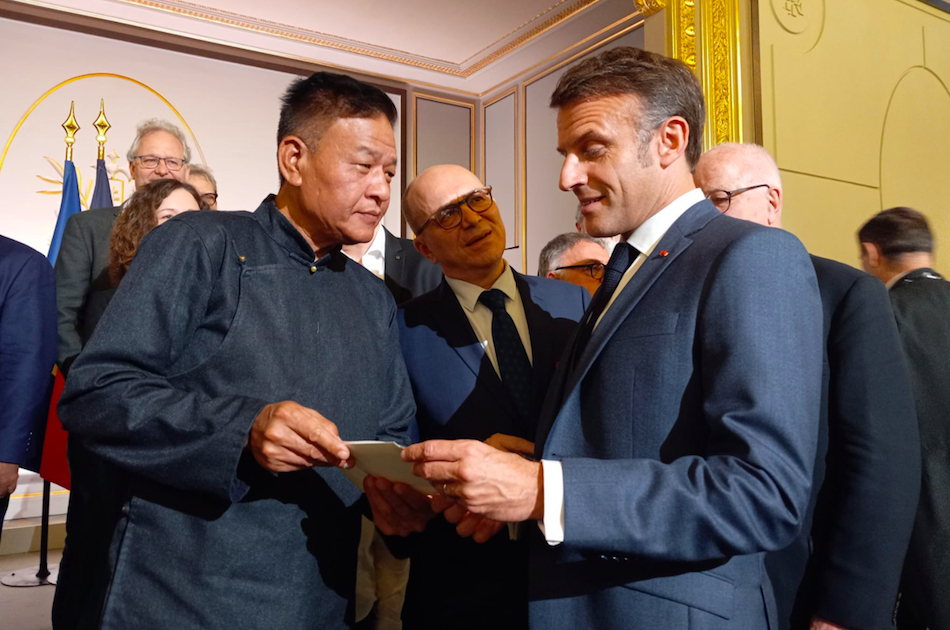By Clifford Coonan in Beijing and Jan McGirk
April 4 – The Dalai Lama could be on the verge of a historic visit to the remote, mountainous homeland that the exiled Tibetan spiritual leader has not seen for nearly 50 years, following indications from the Chinese government that dialogue may, at last, be leading to a rapprochement.
But Tibetans are wary of Beijing’s tentative approach to the figure they regard as a god-king. The Dalai Lama fled the capital Lhasa in 1959 after a failed uprising against Chinese rule, nine years after Communist troops entered Tibet.
The Chinese government has long proclaimed the Dalai Lama as a dangerous separatist, who wants to declare independence for 2.7 million Tibetans. Yesterday Ye Xiaowen, head of China’s powerful State Bureau of Religious Affairs, appeared to extend an olive branch when he said: “As long as the Dalai Lama makes it clear that he has completely abandoned Tibetan “independence”, it is not impossible for us to consider his visit. We can discuss it.”
Mr Ye’s comments, which were given prominent coverage in the state-run China Daily newspaper, were seen as the boldest signal yet that the Dalai Lama could fulfil his stated wish of returning to China. But Tibetan rights activists say there is nothing new in the language of the Communist Party official’s statement and were suspicious of the timing, just weeks before President Hu Jintao travels to Washington for his first state visit. President George Bush called for greater religious freedom during his visit to China in November.
Unofficial Indian sources confirmed that there were rumours the Dalai Lama could leave his Himalayan retreat to head to China as early as May, although these have been dismissed as premature by the government in exile in Dharamsala. “We are happy that the Chinese authorities have paid attention, but at the same time, we note the conditions attached,” said Lobsang Nyandak, a diplomat with the Tibetan exile government.
The Dalai Lama, who won the Nobel Peace Prize in 1989, ceased calling for independence back in 1988, he said, and is a moderate who preaches a “middle way”, that seeks autonomy for Tibet within China. Last month the Dalai Lama asked to be allowed to visit holy Chinese sites such as Wutaishan, a sacred mountain devoted to Tibet’s Buddha of Wisdom. He also wants to see for himself the astonishing economic progress that China has made.
There have been some public gestures, including talks with the Dalai Lama’s envoys, the granting of more visas to pilgrims wishing to travel to Tibet and the freeing of prominent dissidents. But Tibetan monks and nuns are still being arrested and jailed. Yael Weisz-Rind of the Free Tibet Campaign in London said the timing of the gesture ahead of Mr Hu’s trip to Washington made her suspicious. “They expect pressure at the summit in this regard. We are suspicious about the timing and the prominence of the statement. We have no indication of any change in substantive policy,” she said.
There are more than 100 million Buddhists in China, which will host the World Buddhist Forum this month; the first international religious gathering since the atheist Communists came to power in 1949.
Some analysts believe Beijing could be prepared to engage in meaningful dialogue because there are fears that when the Dalai Lama dies, it could create a power vacuum which violent young separatists could try to fill. China is keen to ensure whoever succeeds the Dalai Lama is someone it can do business with.









